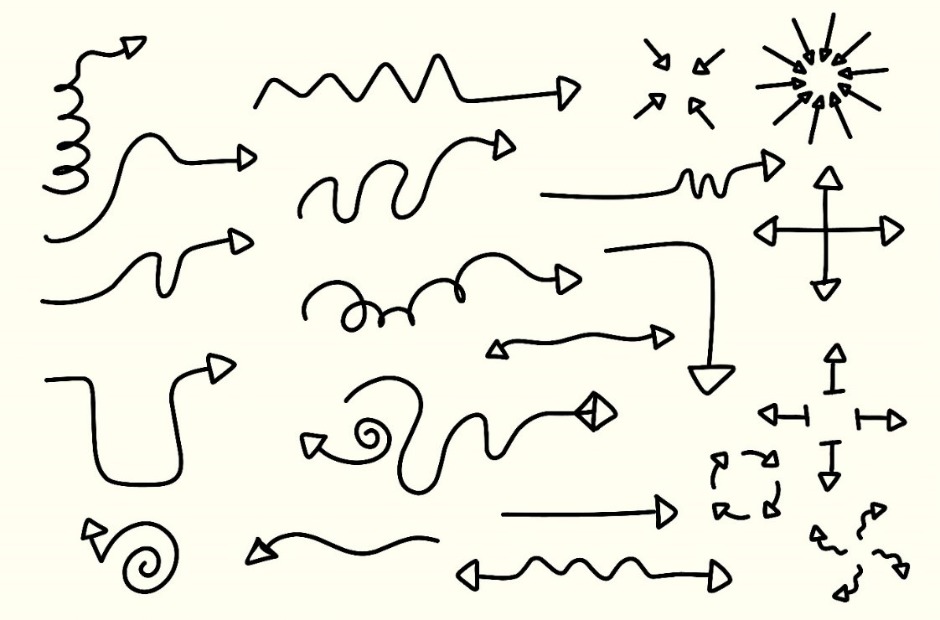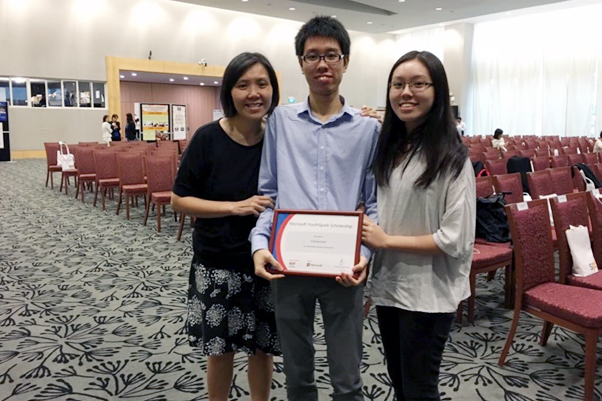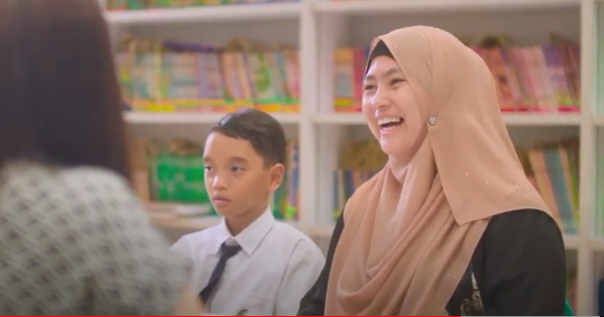In the run-up to exam season, I was having conversations with my 16-year-old about her options after secondary school. Like many of her peers who were taking their O- and N-Level Examinations, my daughter J will have to make some hard decisions about her next phase of learning.
While we cannot predict everything, such as her O-Level results, having these heart-to-heart talks gave me better insights into my firstborn’s interests and thoughts, some of which caught me off guard – but more on that later. They also provided an opportunity for me to recalibrate expectations and guide my teen on how to prepare for what’s to come.
Our chats started early this year after J opened up about her career aspirations. She has her sights set on the allied healthcare sector, she says; allied health professionals, such as occupational therapists, physiotherapists, pharmacists, dietitians and medical social workers, play vital roles in providing care for patients alongside doctors and nurses. It’s noble work, so I was quite pleased with her decision.
For my daughter, being helped by a multidisciplinary team of therapists after sustaining an injury in 2021 sparked her interest in the field of work. She doubled down on her resolution after attending a career talk organised by her school, which featured a speech therapist.
‘I’ll be failing myself if I don’t do well for my exams and get into this college.’
Mrs Eveline Gan
While I’m glad that my teen knows exactly what she wants, her remark unsettled me.”
Technically, the fastest route to achieve her career aspiration would be to go to junior college (JC) and complete her A-Levels, after which she would embark on an undergraduate degree programme in her field of choice. J told me that is her preferred post-secondary school pathway.
Our conversations went well until an offhand comment made me sit up. J shared that she wants to enrol in a particular junior college, which requires her to get straight As. “I’ll be failing myself if I don’t do well for my exams and get into this college,” J declared. While I’m glad that my teen knows exactly what she wants, her remark unsettled me.
“Why?” I asked, puzzled and worried over how hard she sounded on herself. Have my husband and I unwittingly placed so much pressure on her?
One of the biggest benefits of having a good relationship with my child is that her openness helps me to regularly learn new things about her. Now I’m learning that while J used to be happy to just get by in primary school, she now feels that doing well academically is important to her and part of her identity.
Having taken a long time to recover from the rather major injury she sustained in 2021, she felt that achieving her academic goals would help make up for the pain that she had gone through in the last two years.
It cannot be denied that peer influence also plays a part in her beliefs. It is natural for teenagers to want to fit into social groups. And many of J’s teenage friends have a similar idea of what succeeding means.
Could being so certain about her goals be her undoing?
I found my daughter’s rigid self-expectations worrying. Not being able to meet unrealistically high standards after putting in a lot of effort can be stressful and crushing on one’s self-esteem. Although there is always a shortest and fastest way to get to a destination, being too fixated on any particular route may also mean missing opportunities in other pathways.
I wanted to convey this to J. However, rather than sound as if I was lecturing her, I asked her if there are other ways to reach her goal of working in allied healthcare. That is, if her plan did not work out.
Although my strong-willed child was initially resistant to considering any other route, we eventually did some online research together. We also spoke to my cousin, who works as an occupational therapist, and asked J’s rehabilitation therapists about their study experiences. Thank goodness all of them took different academic and work paths to get where they are.
This helped us map out other options that were suitable for J.
One is to take the junior college route but consider several other colleges – not just one. The other option involves enrolling in a relevant local polytechnic diploma course that fits the admission criteria for the university offering the allied health undergraduate programmes.
We also briefly discussed the pros and cons of each option. For example, while the junior college route may take a shorter time to complete, the admissions criteria based on GCE A-Level results can be rather stringent for some of the allied health specialities. If J does not do well for her A-Levels, there’s a possibility that she might have to re-take the examination or consider a different educational route later on.
On the other hand, a polytechnic diploma programme offers greater flexibility although it may take her a longer time to complete it. For example, she may choose to gain some work experience after completing her diploma programme before applying for an undergraduate degree programme.
There are other pathways, but these few options seem the most suitable at the moment. We will likely revisit the topic in more detail once her examinations are done and dusted.
Sharing what I learnt from my education experience
If you’re asking what’s the problem with having one plan and sticking to it, there isn’t. Staying committed and faithful to one’s aspirations is laudable. But it is also important to know that our studies may not always follow an obviously straight path.
My own experience taught me that. As a teenager, I enrolled at a junior college after my GCE O- Levels, largely due to parental pressure. This was against my initial plans and interest to pursue a design course in polytechnic.
College life turned out to be unsuitable for me – I recall dragging myself to complete two years of academic studies that I had no interest in.
I made a detour and eventually took up a media and communications course in polytechnic, uncovering a flair for writing and my love for telling other people’s stories. Those days in school were filled with happy memories.
Sharing my experiences with my daughter, I emphasised that even if she doesn’t meet her goals, she has not “failed”. In the marathon of life, there will always be meanders, U-turns as well as ups and downs that can become invaluable life experiences and a chance for growth, just don’t box yourself in.






